Donald Trump is facing several charges now – and these are the most serious
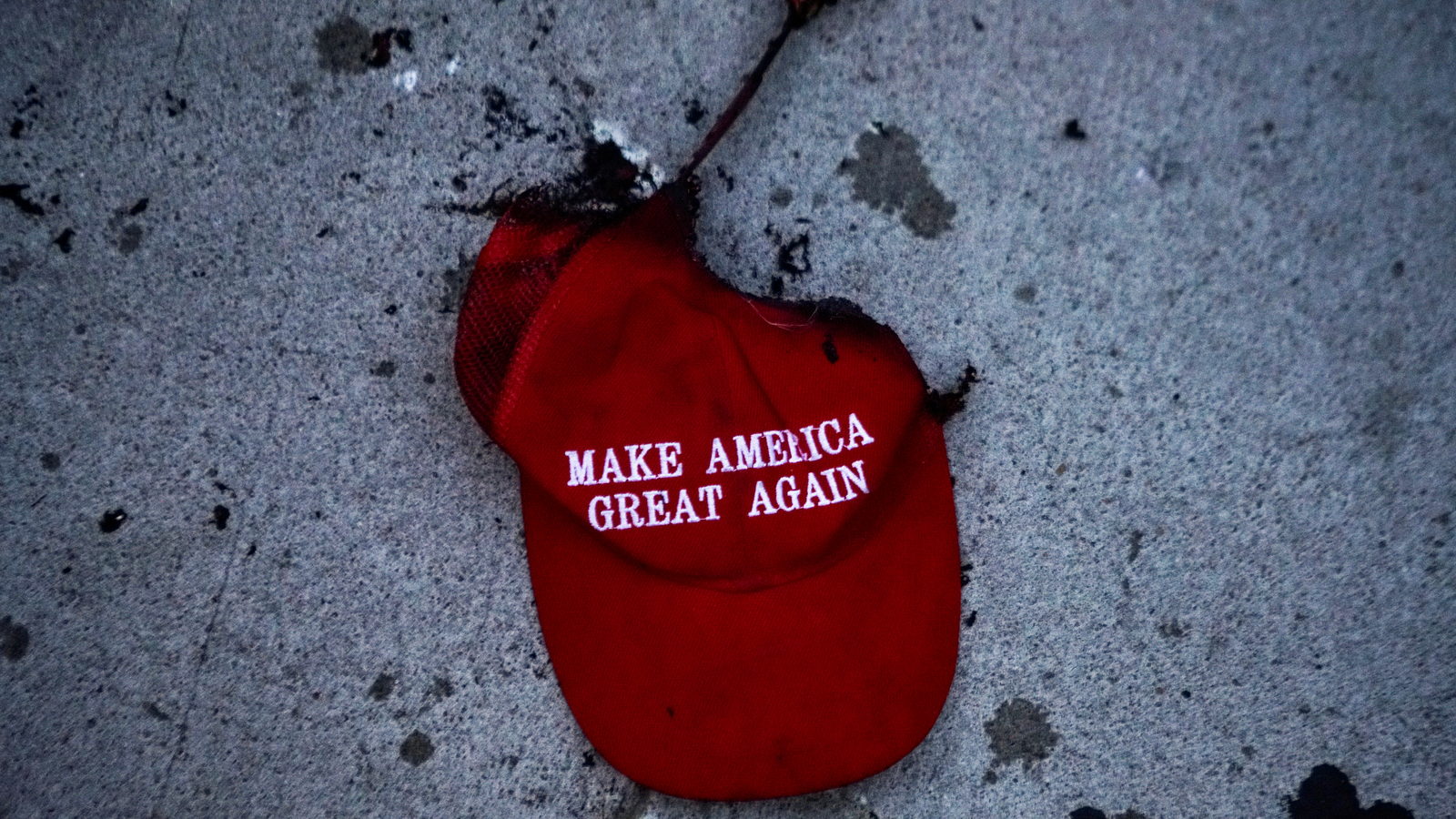
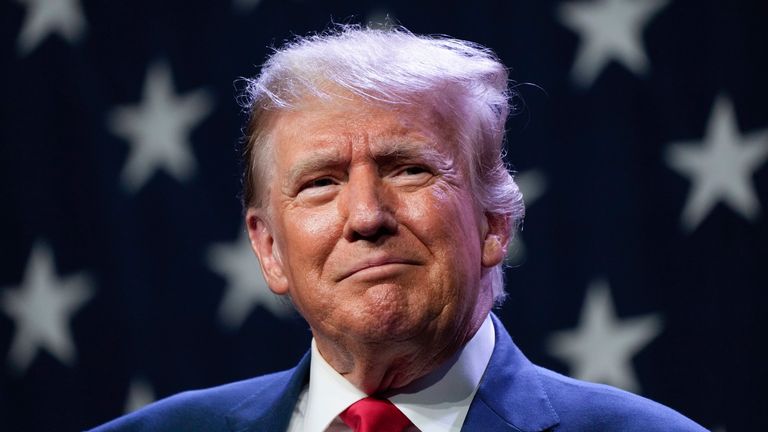
They know a thing or 300 about prosecuting January 6 criminals in Washington DC.
That’s the rough total for those already behind bars – and there are hundreds more to follow through the federal courthouse down the street from the Capitol building, the icon of a democracy they tried to bring down.
The former president joining the traffic won’t relish a court that’s been conviction-inclined.
And Washington DC is a Democrat city with a jury pool short on support that Trump enjoys elsewhere.
He has been here before, and yet, he hasn’t.
Trump faces new criminal charges – latest reaction
Please use Chrome browser for a more accessible video player
2:12
What could third indictment mean for Trump?
Of all the indictments laid against Donald Trump, the one now associating him with the events of 6 January 2021 is the most serious.
He stands accused of nothing less than an effort to overturn an election and overthrow the will of the people – in short, a coup.
Trump might have hinted at his 6 January defence when he posted on his Truth Social media site, in anticipation of indictment number three, that “I did nothing wrong, was advised by many lawyers”.
Advertisement
Perhaps he’s framing the defence of the misguided innocent, pointing the finger at his legal advisers? There’ll be time to flesh that out, in court before a judge and jury in his nation’s capital, although time is tight.
Please use Chrome browser for a more accessible video player
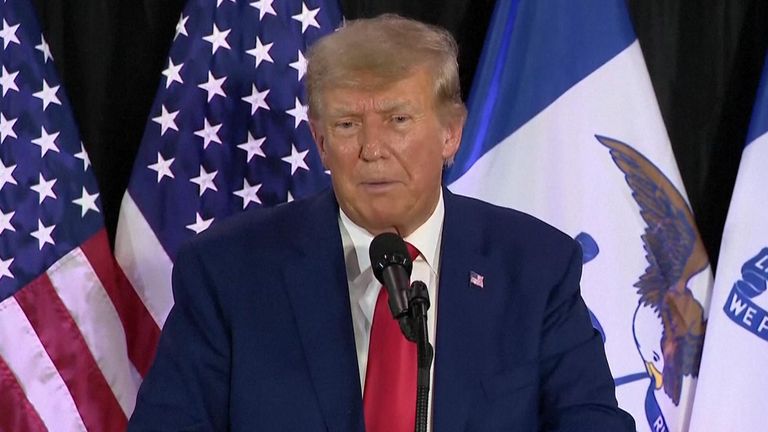
0:15
Trump jokes about his legal challenges
Shoehorning three criminal trials into the period between now and the November 2024 election will be a challenge – not forgetting the possibility that Trump could face a fourth indictment for alleged election interference in the state of Georgia.
As a game plan, expect him to play for time. He won’t have missed recent polls that show him neck and neck with Joe Biden. Push any prosecution beyond the next election and, if he wins, he can wield Oval Office influence to make it go away.
Expect a second-time President Trump to sack the very prosecutors who are pursuing him and to line up a presidential pardon for himself.
The spectacle of a former president being hauled through the courts will be welcomed by his opponents, however.
Please use Chrome browser for a more accessible video player
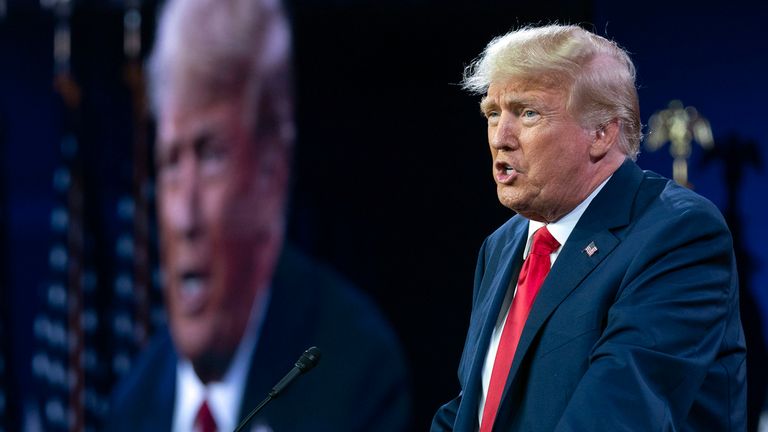
1:43
Listen: Secret recording of Trump
Primetime prosecutions would lay bare evidence of criminal wrongdoing as un-American as it gets and could end, of course, with onward passage to a jail cell.
Even with the ability to serve from behind bars, America, at large, probably isn’t ready to elect a prisoner for president, except for the smaller but substantial Trump base.
He enjoys a spike in support and fundraising with every indictment from a constituency whose loyalty is locked in. Its belief in the political witch-hunt mantra appears unshakeable and a summer series of criminal trials isn’t necessarily going to change that.
How would they respond to a Trump conviction? It is the question that begs another – about respect for the rule of law and adherence to it. If millions of people already believe Donald Trump is a victim of a weaponised justice system, that’s hardly likely to change whatever happens in court.
To them, Trump has said of the indictment: “I’m doing it for you.”
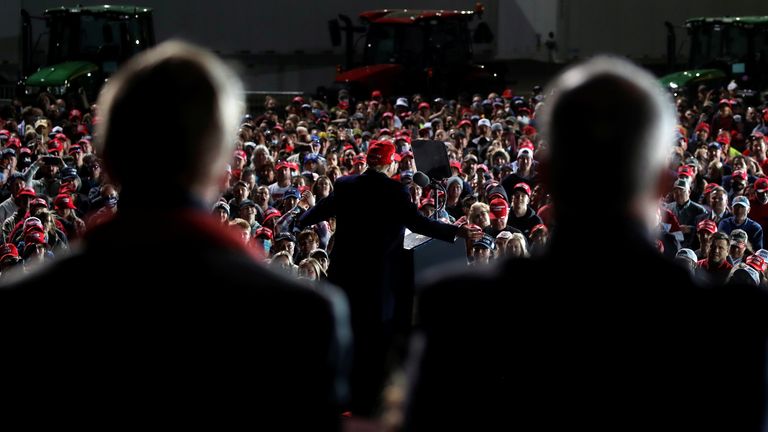
In putting Donald Trump on trial, the US Department of Justice simultaneously prosecutes the argument for public faith and trust in its systems of justice and of government. The trials of Trump will be a test of those institutions.
January 6 was a fight over US democracy – and so is the court case with The Donald in the dock.

